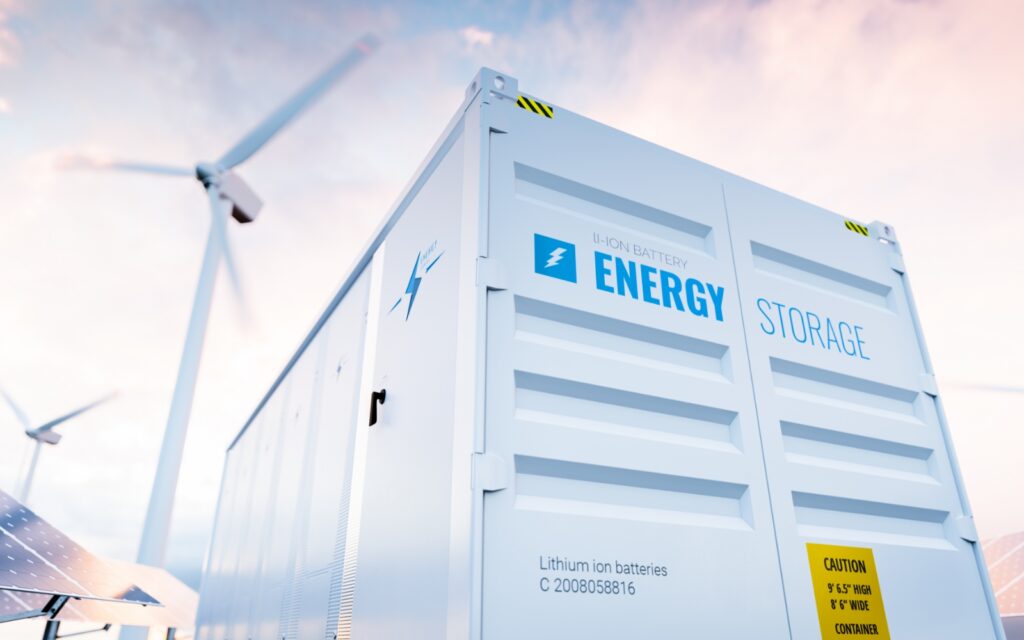At our business in Hull, we offer sustainability consulting to commercial businesses throughout England. We’ve seen a massive surge in interest from businesses looking to improve their environmental performance and reduce their carbon footprint. This could be because of many reasons, one including the UK governments commitment to achieving net zero emissions by the year 2050. The pressure is on for companies to take action and implement sustainable practises.
Working in the sustainability sector means we know a lot about the net zero industry, so we thought we’d share our latest trends and predications, and why we think there is going to be an increased business focus on sustainability.
Circular Economy
First up, The circular economy, which is a concept that aims to keep resources in use for as long as possible to reduce waste. It focuses on designing products that are made using materials that are easily reused or recycled. The overall aim is to reduce the use of finite resources. More and more businesses are adopting circular economy principles and trying to keep resources in use for as long as possible. This concept also helps to lessen greenhouse gas emissions by decreasing the need for energy-intensive extraction, processing, and disposal of materials.
Businesses can also gain economic benefits by using resources more efficiently and minimising costs. We expect the circular economy to grow significantly in coming years. Products will be designed more efficiently to adhere to the less wastage concept, and overall the impact on the environment will be a positive one.
Net Zero
Because of the UK governments target, the push to become net zero has accelerated massively.
Achieving net zero requires innovation in areas such as renewable energy, energy storage, decarbonisation strategies and more. Many businesses are now trying to identify emissions from their services, supply chains, products, and then developing strategies to reduce or offset those emissions. We offer an energy efficiency retrofit to businesses to identify areas where they can improve.
The increase in public awareness has also driven a lot of businesses to tackle climate change head on. More and more people are realising the need for corporations to take some ethical responsibility regarding the environment. There’s a consumer demand for more sustainable products and services. According to The Economist Intelligence Unit online searches for sustainable goods has increased by 71% globally since 2016.
Not only this, but there are financial incentives for businesses within the UK to encourage them to work towards Net Zero. You can check out GOV.UK to find funding options.
We believe all of these factors are going to massively increase interest in sustainability from a commercial perspective. As a sustainability consulting firm ourselves, we’ll continue to raise awareness on the subject.
Technology innovation
In recent years there’s been huge technological advances in renewable energy, with innovation in areas such as solar energy, wind energy and energy storage. This is an ongoing trend we think will continue, the pace of technology innovation has been progressing vastly.
An essential component of a sustainable energy system is energy storage. It allows energies such as wind and solar power to be stored and used when demand is high. The focus in recent years has been on increasing the efficiency of batteries, reducing the cost, and developing new types of energy storage systems. An example of an innovation in this field has been the progression of lithium-ion batteries, which have become primary use for energy storage applications such as electric vehicles. The development has led to longer lifetimes and lower costs.

One other area of technology innovation is hydrogen storage, which uses hydrogen as a fuel to generate electricity. The development of hydrogen storage has focussed on creating more efficient and cost-effective ways of producing, storing, and transporting hydrogen.
There’s an on-going need to create more efficient technologies to support the shift towards net zero emissions, and we believe this isn’t going to change any time soon.
To conclude
The sustainability industry is on the rise and it’s only going up! As a sustainability consulting firm, we’re very excited!
We love, love, LOVE that businesses are joining the challenge against climate change. We ourselves provide commercial companies with decarbonisation strategies, roadmaps to net zero, energy efficiency retrofits – the lot.
It’s very exciting to think about what the future holds for the sustainability sector, we’ll continue to post updates within the industry.
If you’d like to have a chat about anything mentioned in this article, or to enquire about the sustainability of your own business, feel free to get in touch!

